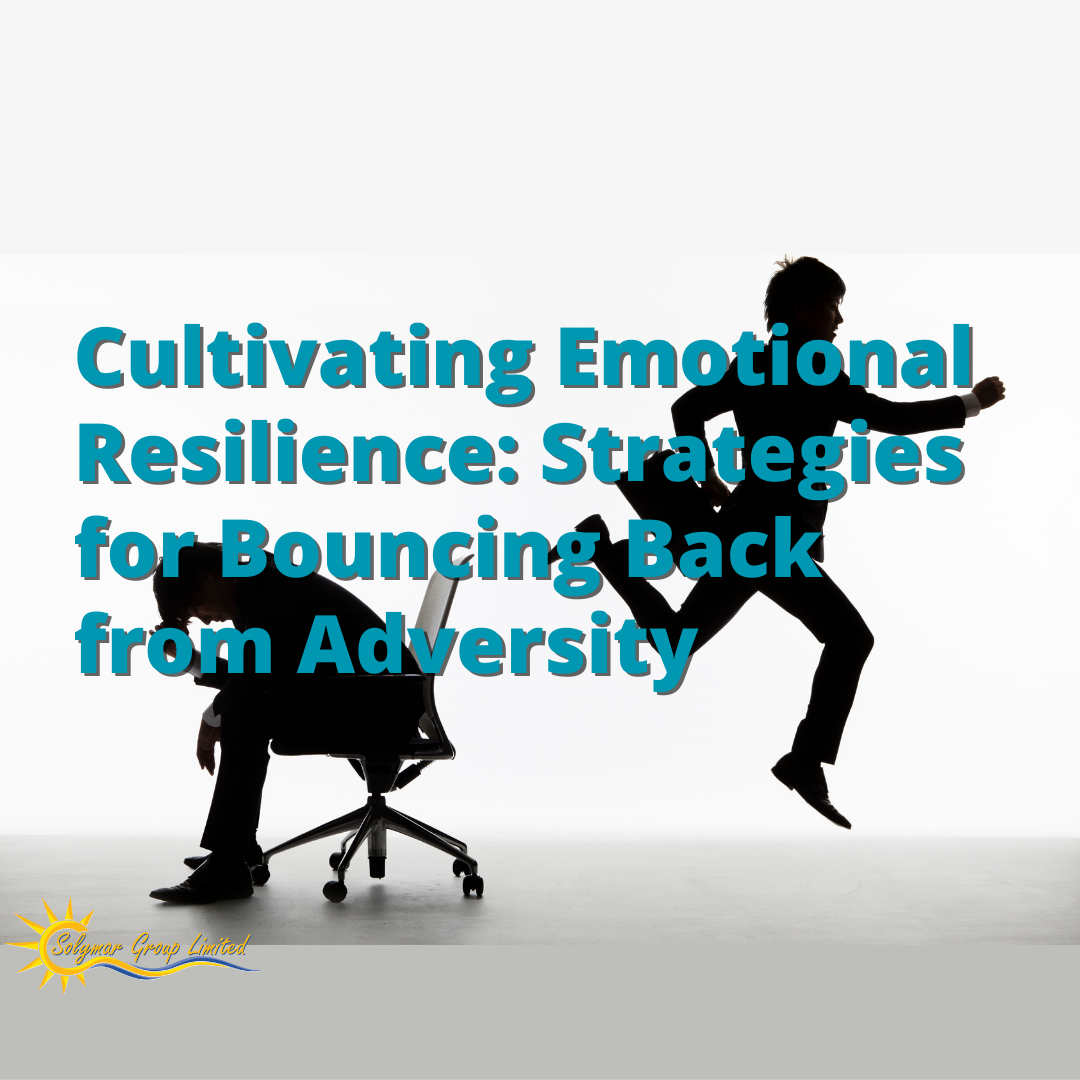 Life is full of challenges, setbacks, and unexpected curve balls. How we respond to these adversities can greatly impact our overall well-being and success. Cultivating emotional resilience is a powerful skill that enables us to bounce back from tough situations, adapt to change, and maintain a positive outlook. In this article, we will explore the importance of emotional resilience and provide practical strategies to help you build this valuable quality.
Life is full of challenges, setbacks, and unexpected curve balls. How we respond to these adversities can greatly impact our overall well-being and success. Cultivating emotional resilience is a powerful skill that enables us to bounce back from tough situations, adapt to change, and maintain a positive outlook. In this article, we will explore the importance of emotional resilience and provide practical strategies to help you build this valuable quality.
Understanding Emotional Resilience
Emotional resilience refers to our ability to navigate through difficult times while maintaining a sense of balance and well-being. It is not about avoiding challenges or suppressing emotions; instead, it involves developing the inner strength to cope with adversity and come out stronger on the other side.
Why is Emotional Resilience Important?
-
Dealing with Adversity: Life is unpredictable, and adversities are inevitable. Emotional resilience equips us with the tools to face adversity head-on, effectively deal with setbacks, and move forward.
-
Mental and Emotional Well-being: Resilient individuals have a greater sense of self-confidence, optimism, and emotional stability. They are better equipped to manage stress, anxiety, and depression, leading to improved mental and emotional well-being.
-
Success and Achievement: Emotional resilience is strongly linked to personal and professional success. Resilient individuals are more likely to set goals, persist in the face of obstacles, and achieve their desired outcomes.
Strategies for Cultivating Emotional Resilience
-
Develop Self-Awareness: Understanding your emotions and triggers is a crucial first step. Pay attention to how you respond to stress and adversity. Practice mindfulness and self-reflection to identify patterns and learn from past experiences.
-
Build a Support Network: Surround yourself with supportive individuals who can offer guidance, empathy, and encouragement during tough times. Cultivate meaningful relationships that provide a sense of belonging and connection.
-
Practice Self-Care: Taking care of your physical, mental, and emotional well-being is vital for building resilience. Prioritize activities that promote relaxation, such as exercise, meditation, journaling, or engaging in hobbies you enjoy.
-
Develop Problem-Solving Skills: Instead of dwelling on problems, focus on finding solutions. Break down challenges into smaller, manageable steps, and brainstorm potential strategies. Embrace a proactive approach to problem-solving.
-
Foster Optimism and Positive Thinking: Cultivate a positive mindset by reframing negative thoughts and seeking the silver lining in difficult situations. Practice gratitude and regularly remind yourself of past successes and strengths.
-
Cultivate Flexibility and Adaptability: Life is filled with unexpected changes, and resilience involves being able to adapt and adjust. Embrace flexibility, learn to let go of rigid expectations, and embrace new perspectives and opportunities.
-
Cultivate Emotional Intelligence: Emotional intelligence involves understanding and managing both your own emotions and the emotions of others. Develop skills such as empathy, active listening, and effective communication, which can strengthen relationships and help you navigate challenging situations.
-
Set Realistic Goals: Establishing clear, achievable goals can provide a sense of purpose and direction during difficult times. Break down larger goals into smaller milestones, celebrating each accomplishment along the way.
-
Embrace Failure and Learn from Setbacks: View failures and setbacks as opportunities for growth and learning. Embrace a growth mindset, focusing on the lessons and insights gained from challenging experiences.
-
Seek Professional Support: If you find yourself struggling with emotional resilience, do not hesitate to seek support from mental health professionals. They can provide guidance, tools, and strategies tailored to your specific needs.
Conclusion
Cultivating emotional resilience is a lifelong journey that requires effort, self-reflection, and practice. By implementing the strategies outlined above, you can develop the inner strength to bounce back from adversity, maintain a positive outlook, and thrive in the face of challenges. Remember, emotional resilience is not about avoiding difficulties but rather about building the capacity to navigate through them with grace and resilience. Start today and embrace the transformative power of emotional resilience in your life.
Hashtags: #EmotionalResilience #Adversity #BounceBack #WellBeing #Success #PersonalGrowth






